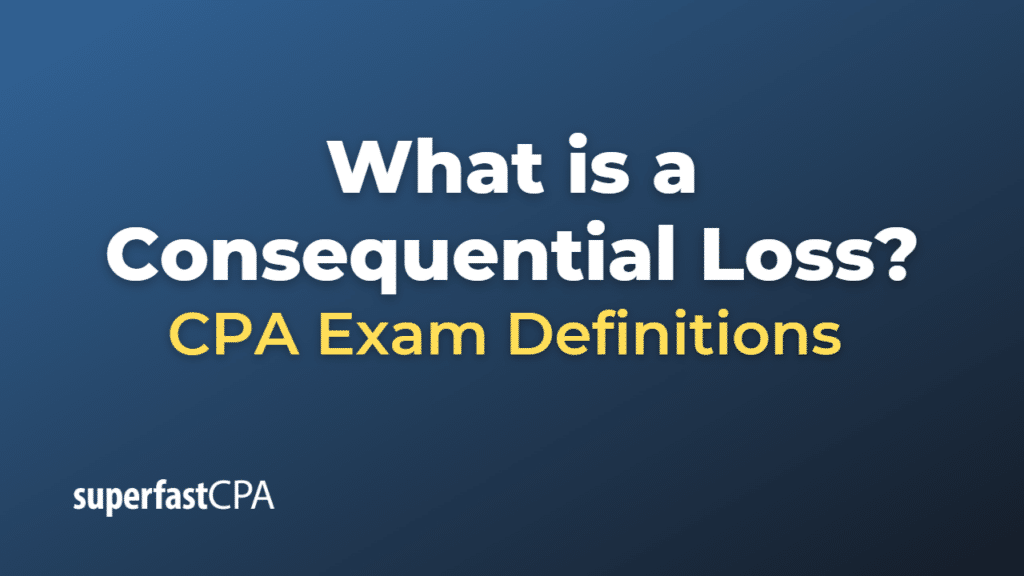Consequential Loss
A consequential loss, also known as indirect loss or special damages, refers to the financial damages or losses that a party incurs as an indirect result of a specific event or action, such as a breach of contract, negligence, or other wrongful acts. These losses are not the immediate or direct result of the event, but rather arise due to the consequences or chain of events that follow the initial occurrence.
Consequential losses can include lost profits, loss of business opportunities, loss of goodwill, and additional expenses incurred to mitigate the negative impacts of the event. It is important to note that consequential losses are not always easily foreseeable and may vary depending on the specific circumstances surrounding the event.
In legal matters, to recover consequential losses, the claiming party typically needs to prove that the losses were reasonably foreseeable by the parties at the time the contract was formed, and that the losses were a direct result of the breach or wrongful act. Some contracts may include clauses that limit or exclude liability for consequential losses to reduce the risk of large or unpredictable damages claims.
Example of a Consequential Loss
Let’s consider a hypothetical example involving a breach of contract to illustrate consequential loss:
Suppose there is a company, “Bakery A,” that enters into a contract with a supplier, “Supplier X,” to provide a critical ingredient for their popular pastries. The contract stipulates that Supplier X will deliver the ingredient on a specific date. However, due to negligence on Supplier X’s part, the delivery is delayed by two weeks.
As a direct result of the delay, Bakery A is unable to produce and sell its popular pastries during that period. This leads to a chain of consequences:
- Loss of sales revenue: Bakery A loses the sales revenue it would have earned from selling the pastries during the two-week period.
- Loss of goodwill: Due to the unavailability of the popular pastries, some of Bakery A’s customers become dissatisfied and decide to patronize a competitor instead, leading to a loss of goodwill and future business.
- Additional costs: In an attempt to mitigate the situation, Bakery A rushes to find an alternative supplier, incurring additional costs in the process, such as expedited shipping fees and higher prices for the ingredient.
In this scenario, the loss of sales revenue, loss of goodwill, and additional costs incurred in finding an alternative supplier are all considered consequential losses. They are not the immediate result of Supplier X’s breach of contract but arise due to the consequences or chain of events that followed the delay in delivery.












